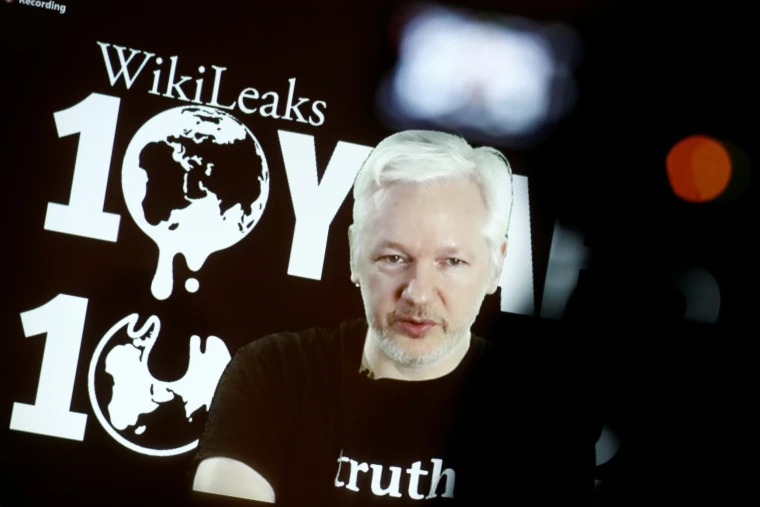J ulian Assange, founder of WikiLeaks has, after a 14-year-long tortuous legal journey, walked free. The trade-off between him and the US administration for his release, however, does not bring good news for freedom of speech and expression. As part of the deal the 52-year-old arrived at a federal court in Saipan, a Pacific territory administered by the US by a private plane from his London prison. He was accompanied by former Australian Prime Minister Kevin Rudd, who is now the ambassador to Washington. He pleaded guilty to the crime of ‘obtaining and disclosing national defence information.’ This was part of the out-of-court settlement negotiated with the US Justice Department. He admitted to encouraging his “source,” former military officer Chelsea Manning, to provide him with “classified material,” which was State Department and Pentagon documents classified as “secret.” WikiLeaks made these documents public between 2009 and 2011. He got a five-year sentence, which only enabled him to regain his freedom, as it was adjusted to the time he had spent in prison in the UK. He immediately flew back to his family in Sydney with the declaration that he would never set foot in the United States of America ever again.
The freedom was obtained through lobbying of President Joe Biden by current Australian Prime Minister Anthony Albanese. This is certainly good for the man who spent 12 years in captivity under the threat of an extradition request from the US justice system. The 18 charges brought against him meant he ran the risk of getting a 175-year prison sentence. After taking refuge for seven years in the Ecuadorian embassy in London, he was arrested by British police in 2019 and has been imprisoned since then.
His disclosure was hailed as one of the biggest triumphs of journalism. What he achieved is the dream of every investigative journalist. Several internationally acclaimed newspapers published a selection of State Department diplomatic cables from a pool of some 250,000 documents provided by WikiLeaks. This publication revealed and threw light on important aspects of US foreign policy. This completely changed popular perception of undercover operations practised by the US which seem detrimental to many democratic institutions and countries.
Assange’s guilty plea agreement is a serious threat to the freedom of speech and expression as he has been convicted under the Federal Espionage Act. The application of the provisions of the Act runs counter the spirit of the First Amendment to the US Constitution on freedom of expression. Whatever Assange may think about his guilty plea in lieu of securing his freedom, the fact remains that revealing war crimes, as was made possible by WikiLeaks’ 2007 release of a Pentagon video featuring the deliberate targeting and killing of civilians in Iraq, including journalists, is not espionage but the right to information. Ideally, he should never have been charged with espionage by the US. The Biden administration’s keenness to get a controversial case off its plate, particularly in an election year, is understandable.
The whole deal has deep global implications for journalism. Using espionage charges is indeed a bad and cynical move. The hundreds of thousands of leaked documents about the Afghanistan and Iraq wars and diplomatic cables made public by WikiLeaks revealed appalling abuses by the US and other governments, which would not otherwise have been exposed. National security laws are necessary. But that cannot be allowed to serve as a pretext to prevent public scrutiny of government acts of omission and commissions. India has seen plenty of such cases in recent times and many citizens are still incarcerated under flimsy cases.
Alarmingly, the Espionage Act allows no public interest defence that prevents defendants from discussing the material leaked, why they shared it, and why they believe the public should know about it. The US administration, which claims itself a champion of Press freedom globally, has not covered itself with glory by applying the Act in Assange’s case.
However, Assange walking free is a great happy event for journalists across the globe.
